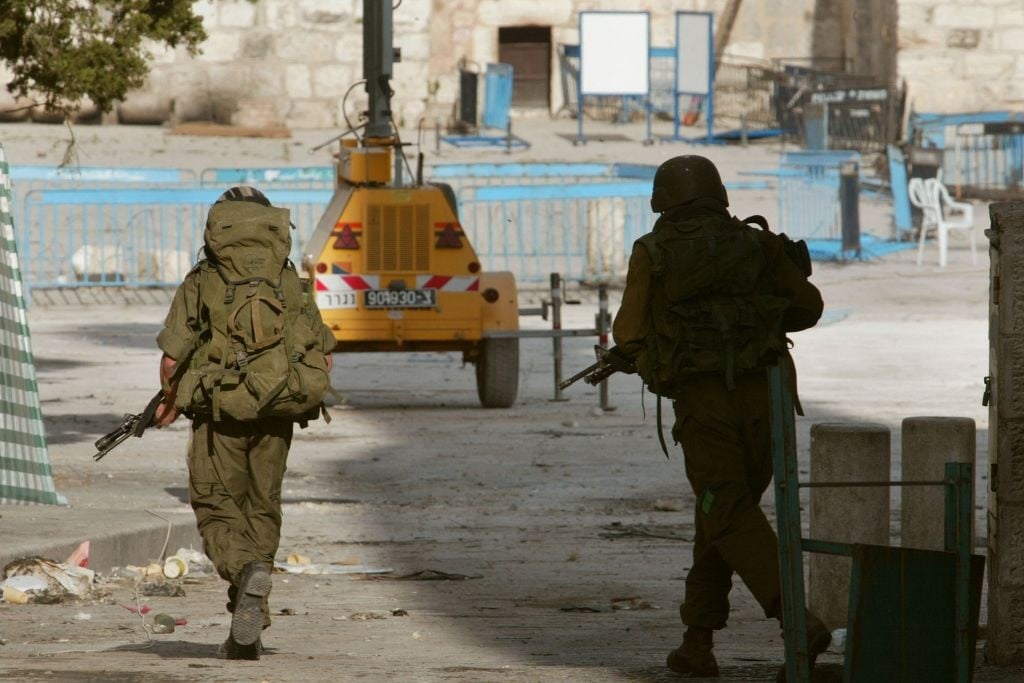The European Union Military Partnership Mission in Niger (EUMPM) is now due to have all operations wound up by 30 June. (David Silverman/Getty Images)
- The European Union’s military partnership mission in Niger ends prematurely on 30 June.
- Niger has forged close ties with Russia after the departure of US and French troops.
- The EU, US and France condemned the junta leadership of General Abdourahamane Tchiani.
The European Union is now set to withdraw its forces in Niger by the end of June, due to “the grave current political situation in the country”.
The EU withdrawal came after the United States and Niger fell out, resulting in an agreement that American forces should have left the country by mid-September this year.
Before the Americans were booted out, Niger also instructed French troops to leave by December 2023, while it forged stronger ties with Russia, primarily deployed via the Africa Corps (formerly the Wagner Group), which it has now acknowledged as state-controlled.
The European Union Military Partnership Mission in Niger (EUMPM) is now due to have all operations wound up by 30 June, the EU said in a statement.
READ | ‘Fighting with one hand behind their back’: EU urges allies to let Ukraine strike inside Russia
The EUMPM was created in December 2022 to strengthen the Niger Armed Forces’ ability to combat jihadism, and was initially scheduled to last at least three years.
The EU halted financial assistance to Niger after the July 2023 military coup that toppled elected President Mohamed Bazoum. In retaliation, the new junta said it would “withdraw the privileges and immunities granted” to the EU mission, meaning that it would have “no legal obligation” around the partnership.
Following the coup, General Abdourahamane Tchiani, the previous commander of the Presidential Guard, took control of the country and appointed himself president of the National Council for the Safeguard of the Homeland.
Until the recent spate of coups in the Sahel, various western forces operated in that region to fight Islamist militants who were blamed for widespread instability, with the potential to increase the flow of migrants towards Europe.
The News24 Africa Desk is supported by the Hanns Seidel Foundation. The stories produced through the Africa Desk and the opinions and statements that may be contained herein do not reflect those of the Hanns Seidel Foundation.

